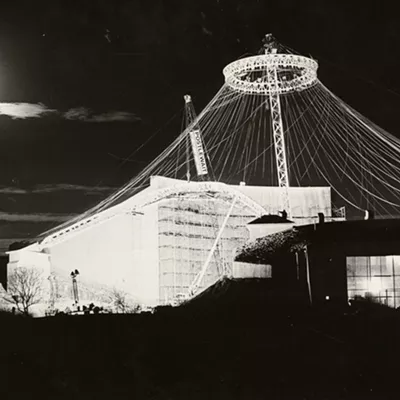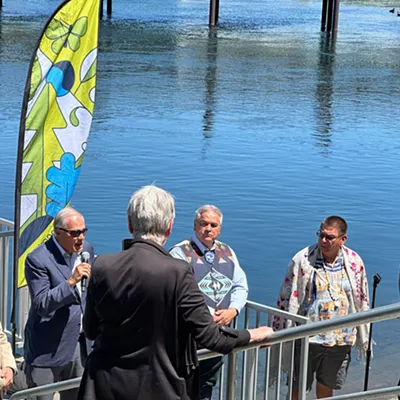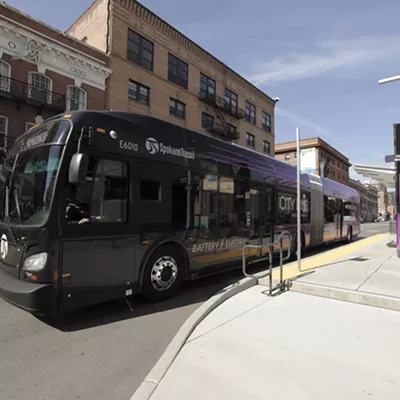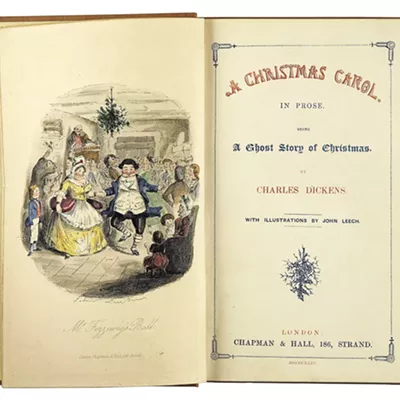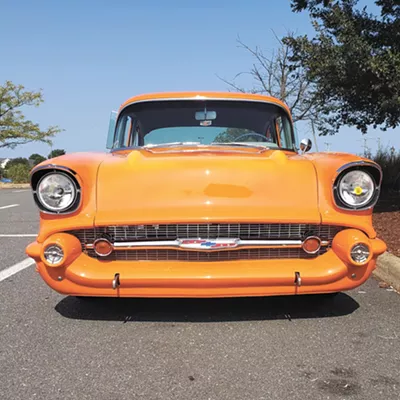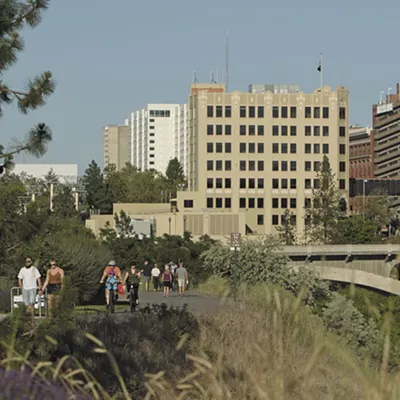Over the past several months, a debate has been brewing among Spokane Transit Authority board members and transit advocates about offering free rides during the 50th anniversary celebration for Expo '74.
To distill the debate, the city of Spokane's members on the transit board — Council President Betsy Wilkerson and Council members Kitty Klitzke, Paul Dillon and Zack Zappone — and Mayor Lisa Brown say a fare-free period would encourage ridership, make it easier to get downtown for the festivities and possibly introduce new riders to a system that has seen a lot of change and improvement in recent years. Board members from other communities don't seem to be convinced, concerned about revenue loss, labor issues and possibly some sense that a limited fare-free period would increase calls for permanent zero-fare service.
Indeed, in 2024, Spokane Transit expects about $7.5 million in farebox revenue. That's not nothing — it's 10% of expected expenses from fixed-route service, meaning losing all of that revenue would likely cause service cuts of some kind. (It's also not as much as you might expect from an agency with $143 million in expected total revenue from all sources.)
But what if the solution isn't to make transit fare-free — but to make it fare-prepaid?
Consider that in 2022, when Washington lawmakers passed the Move Ahead Washington transportation package, which included a new program guaranteeing free fares statewide for kids under 18. Smartly, legislators actually funded the program by establishing a Transit Support Grant for local agencies. Everyone under age 18 — more than 20% of Washington's population — can ride Spokane Transit completely free, the agency actually receives more revenue than when kids had to pay and much of Spokane's ridership growth over the past couple years has come from youth.
Similarly, in 1991, the University of Washington began providing fully paid transit passes for all students through their mandatory campus fees. These universal passes were wildly popular, increasing ridership and creating a new revenue stream for agencies. Soon the county began to work with major employers; local governments were among the first to sign on, providing their employees with universal passes, followed by school districts and hospitals. With traffic increasing in the early 2000s and 2010s, private employers signed up, billing it as a way to ensure more predictable commutes for their employees.
Now, a transit pass is one of the most coveted workplace benefits, and fully 50% of all trips on King County Metro are made using an employer-sponsored pass that the rider didn't pay for. Better yet, because these fare-paid products actually increase revenue for the transit agencies, they can provide more service, enticing more people to switch to transit.
And suddenly a virtuous cycle is born.
What could our transit system, our commutes and our city look like if we took a similar approach and didn't stop until everyone had a fully paid Connect Card?
We already have the model!
STA offers some employer-paid products, and if you're an EWU student or faculty or staff member, you can ride the bus for free with your EagleCard. Better yet, workers and residents in Kendall Yards can get a free pass. But compared to other cities, our efforts in this space have been relatively light.
Let's provide more incentives to employers to offer universal passes — say, a period during which employers can receive free or even half-off the normal rate. If they ultimately sign up, the incentive will pay for itself. STA and the Downtown Spokane Partnership could simply host a recruitment drive; many employers don't even know that universal passes are an option.
Let's offer fully paid fares for more populations beyond kids — such as seniors or low-income people — and explore innovative solutions to pay for the service. For example, perhaps human services funding could be utilized to backfill lost STA revenue.
And then let's get even more creative. Let's offer incentives for property managers to provide universal transit passes to apartment residents. And what if we required large employees (say, those with more than 250 employees) to offer subsidized transit to their workers? With enough carrots, the "stick" approach might become more tenable.
If we do it right, the benefits to such a push for universal passes would be huge — more transit riders, less traffic, more transit service and more, not less revenue for STA.
So while a promotional period with fare-free service could be a great entrée to the system for casual riders, I'd argue a long-term future with fare-prepaid service would be even better. ♦
Anthony Gill is an economic development professional and writer of Spokane Rising, a blog about ways to make our city a better place to live.





